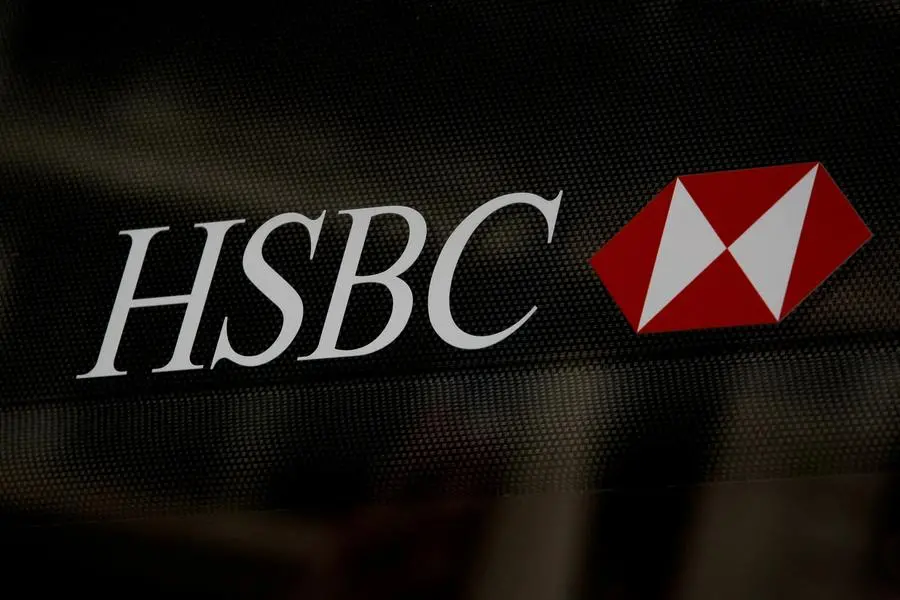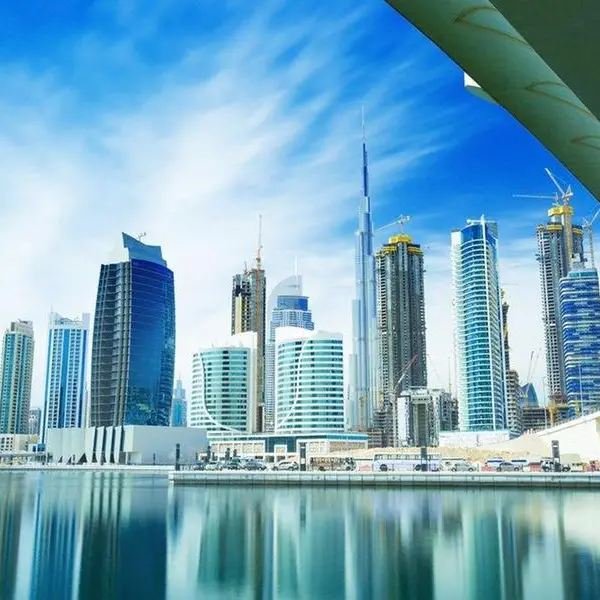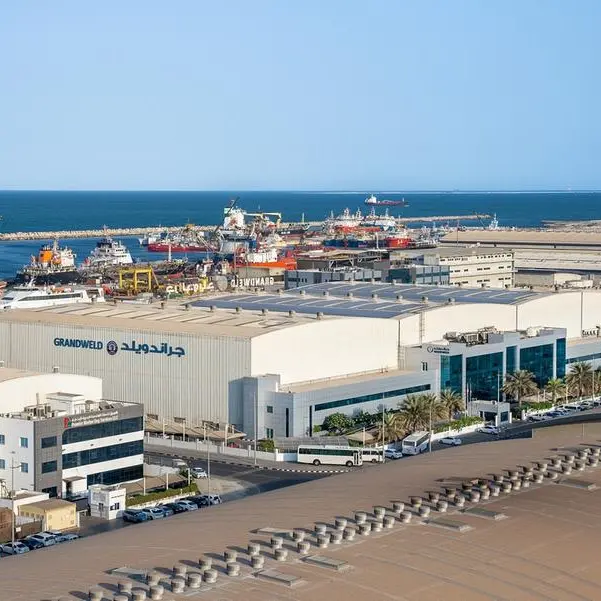PHOTO
HSBC has pushed back its target to achieve net zero in its supply chain by 20 years to 2050, saying it is on track to only reach 40% of the goal by the previous 2030 target date as the pace of decarbonisation in some industries was lagging.
Europe's biggest bank set a target in 2020 to achieve net zero in its own operations and supply chain by 2030. It said on Wednesday it is on track to deliver reductions in its own operations of more than 90% by 2030 compared to its 2019 baseline, but progress in reducing emissions in its supply chain, or so-called Scope 3 emissions, has been slower than expected.
“We currently expect a 40% emissions reduction across our operations, travel and supply chain by 2030, which would mean that we would need to rely heavily on carbon offsets to achieve net zero in our supply chain by 2030,” HSBC said in its annual report.
As a result, it has revised its target to achieve net zero in its operations, travel and supply chain by 2050.
HSBC is also reviewing its 2030 financed emissions target as it nears the halfway point of goals also set in 2020. Financed emissions deal with how the bank helps customers transition to lower emissions, and the bank said there are challenges facing those goals too.
“There are areas and sectors where we have seen challenges,” HSBC CEO Georges Elhedery told reporters on a results conference call on Wednesday. “Customers … have faced some challenges, in particular some of the technologies haven’t been available at scale, some of the policies haven’t been forthcoming or very clear, and consumer behaviour has been difficult to predict,” he said. He said the bank’s supply chain had faced the same challenges.
HSBC’s annual report cited several factors “outside of our control” that have impacted its ability to reach the 2030 financed emissions targets, including “government leadership and effective policy”, diversification of the energy mix and market demand for climate solutions.
That had left the current pace of decarbonisation “being slower than envisaged by recent Paris-aligned net-zero scenarios” and some high-emitting sectors not yet on a 1.5°C pathway. “Until the real economy makes significant progress in decarbonising, our own progress towards our 2030 targets and 2050 net-zero ambition will be constrained,” the report said.
There are concerns that banks are backsliding on sustainability commitments since the return of US president Donald Trump, who has unwound several climate-related initiatives. Elhedery said HSBC remains a member of the Net-Zero Banking Alliance, the UN-sponsored group whose members have committed to achieving net-zero emissions in their operations and financed deals by 2050. All the major US and Canadian banks have quit NZBA, and Australia’s Macquarie also left this month.
HSBC was criticised in October when it dropped the role of chief sustainability officer from its executive board, as part of a wider streamlining by Elhedery. A month later, Celine Herweijer quit as CSO. Herweijer joined the bank in July 2021 and was previously a climate scientist.
Source: IFR





















